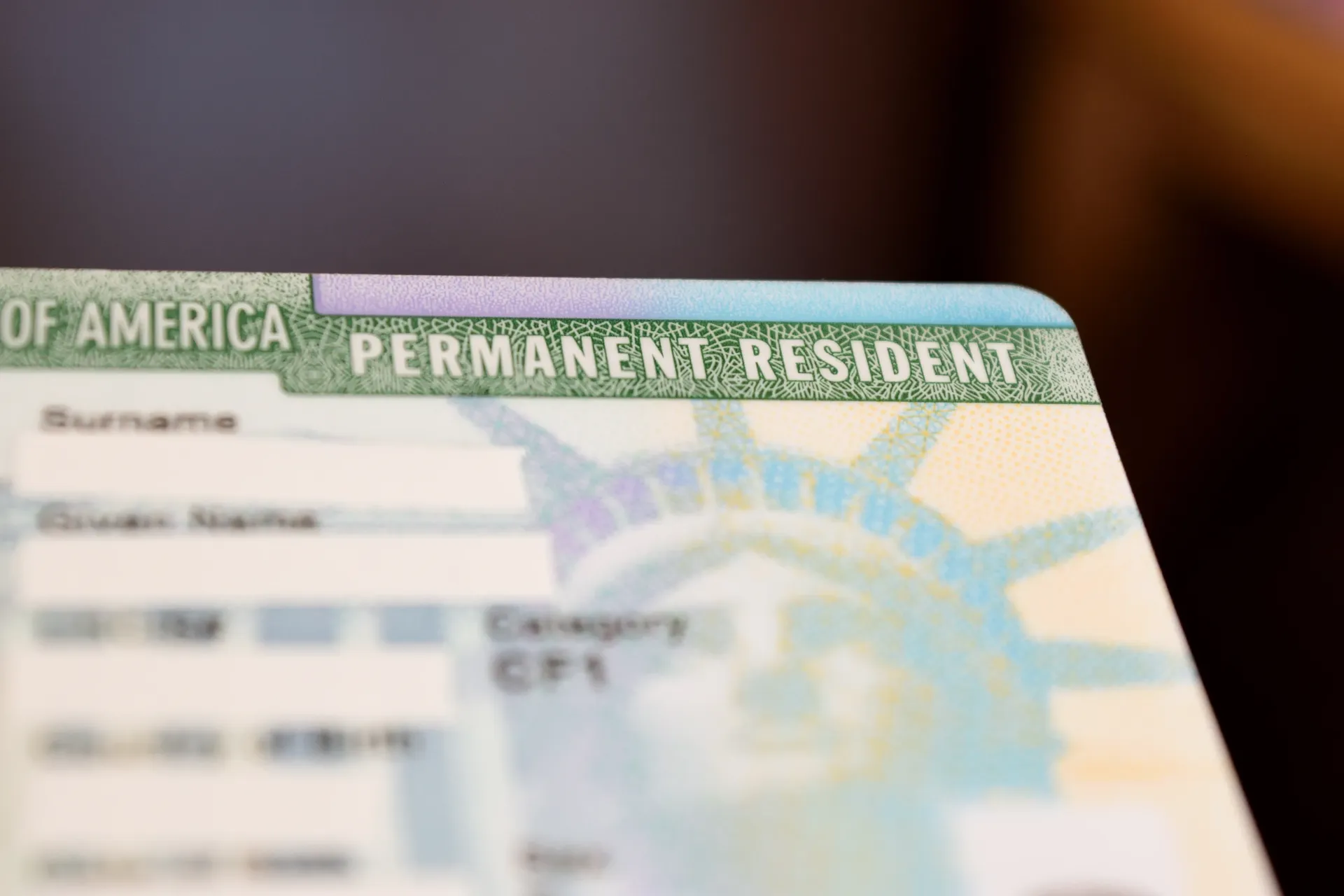Contact Us
Phone: 602-586-5625
Location
7227 N. 16th Street
Suite 195
Phoenix, Arizona 85020
Hours
- Mon - Fri
- -
- Sat - Sun
- Closed
DUI and Aggravated DUI in Arizona
DUI and Aggravated DUI in Arizona
Did you know more than 1 million U.S drivers were arrested for driving under the influence of alcohol or drugs in 2016? Driving under the influence is one of the most common charges people face.
In Arizona, an individual can face four types of DUI charges including a regular, extreme, super-extreme, and aggravated DUI. These all take blood alcohol content, or BAC, into account, and it’s a basic factor used to differentiate between these DUI types. Before you contact an Arizona DUI lawyer, make sure you understand the different charges for a DUI.
Read on to learn more about Arizona’s DUI laws.
What Defines a DUI
Defined in A.R.S 1381, driving under the influence (DUI) means a prosecutor believes you were in actual physical control of or operating a motor vehicle while under the effect of alcohol or drugs.
Arizona is a zero-tolerance state, meaning an individual driving with any amount of alcohol or drugs in their system can be charged with a DUI if a prosecutor has reason to believe it has affected their driving.
Regular DUIs
A person can commit regular DUI by:
- Operating a vehicle with an alcohol concentration of .08 or greater within two hours of driving
- Operating a vehicle while impaired even if it’s “to the slightest degree”
- Operating a vehicle with the presence of any drug in their body
Extreme and Super-Extreme DUIs
An extreme DUI is the same as a regular DUI but the alcohol concentration of the accused is higher than .15 within two hours of driving.
Super-extreme DUIs, on the other hand, are more serious because an individual charged with this type of DUI has an alcohol concentration greater than .20.
The Penalties for Regular, Extreme, and Super-Extreme DUIs
In general, an individual who committed a DUI may face the following penalties:
- Mandatory jail time
- Significant mandatory minimum fines
- License suspension
- MVD points assessments
- A requirement to install an ignition interlock device
DUI’s are Class 1 misdemeanors, and depending on the circumstances of the case, a person convicted of DUI could face up to six months jail. Drivers charged with a first DUI faces the following mandatory minimum jail sentences:
- One day in jail for a first-time regular
- Two days in jail for a first-time extreme
- Three days in jail for a first-time super-extreme
Aggravated DUIs
While the other types of DUI charges are defined by the level of alcohol present in an individual’s body, aggravated DUIs take other factors into account that were present at the time of the arrest in addition to an individual’s alcohol concentration. An individual commits an aggravated DUI if they are under the influence and if they:
- Drive with a passenger under 15 years of age
- Have multiple DUI’s within the last 7 years
- Drive without a required court-ordered ignition interlock device
- Drive with a suspended, revoked, or restricted license
As you can see, aggravated DUIs are the most severe charge an individual can face due to the presence of these factors. These factors are what make this type of DUI a felony offense, and depending on the circumstances of the case, an individual may face a Class 4 or Class 6 felony. In addition, many aggravated DUIs carry a mandatory minimum sentence of four months in the Arizona Department of Corrections.
Consult with a DUI Attorney in Phoenix
If you or someone you know has been accused of DUI or Aggravated DUI, make sure to contact an attorney in Arizona. At Wheeler Law, our team offers free consultations and when we bring on your case, independent expert analysis is included as a part of your case fee. Contact one of our experienced DUI attorneys here to discuss the next steps of your case.





Schedule a Case Evaluation
Contact us now!
Disclaimer: The information on this website is for general information purposes only. Nothing on this site should be taken as legal advice for any individual case or situation. This information is not intended to create, and receipt or viewing does not constitute an attorney-client relationship.
All Rights Reserved | Wheeler Law | Powered By Convert It Marketing | Privacy Policy
All Rights Reserved | Wheeler Law | Powered By Convert It Marketing | Privacy Policy




